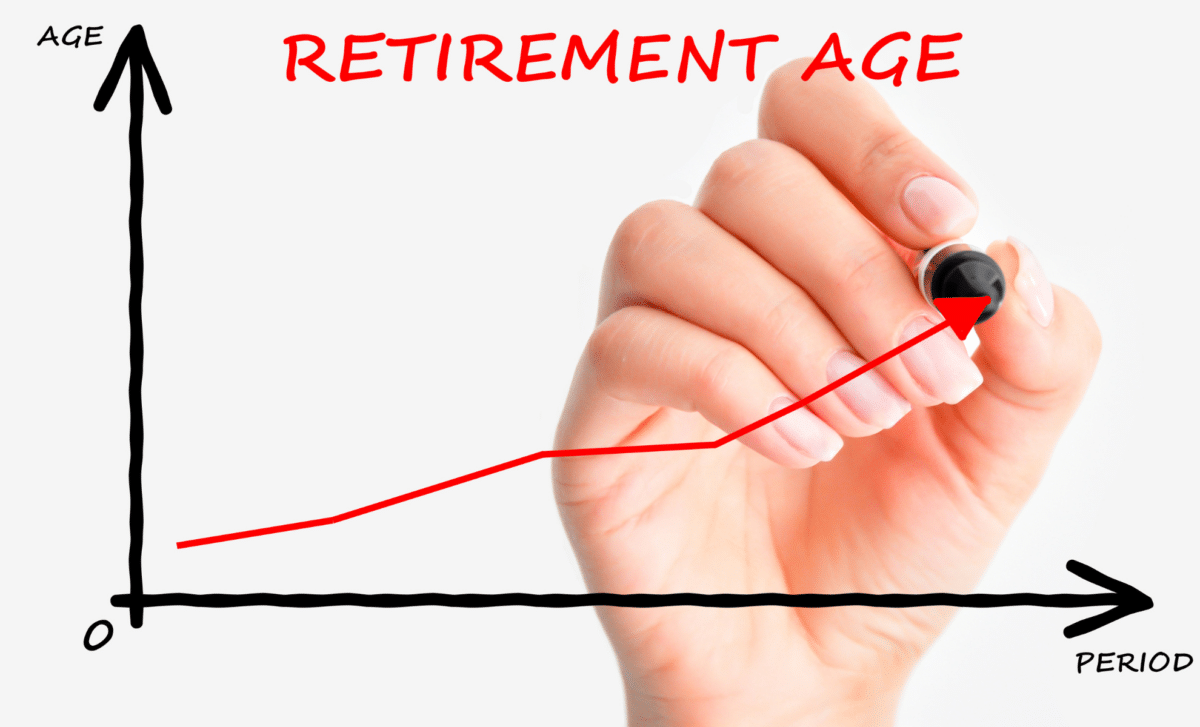Recent research sheds light on the urgent need to address the challenges posed by the aging population in the UK, particularly in relation to retirement age. The findings emphasize the necessity for workers to prepare for an extended period of employment before retirement.
Urgency of Raising State Pension Age
Recent warnings from a prominent think tank highlight the imminent need to raise the state pension age, projecting an increase to 70 by 2040 to maintain fiscal stability. The International Longevity Center underscores the necessity for a higher retirement age amidst an aging population, aiming to balance the worker to retiree ratio.
Currently, the state pension age is set to rise from 66 to 70 over the next four years, reaching 68 by 2045. However, alarming findings suggest that workers aged 40 may face a 30-year wait before retirement.
According to the ILC, the working-age ratio, representing people aged 15-64 to those 65 and older, has drastically shifted from 5:1 to an anticipated 2:1 by 2050, putting immense pressure on public finances unless the retirement age is raised to 70 or beyond.
The study emphasizes the need for swift action, proposing an increase in the state pension age to 70 by 2024, especially considering the demographic composition of working adults aged 20-64, accounting for educational periods. Additionally, amidst scrutiny of the pensions “triple lock,” a significant 8.5% increase is anticipated in April, aligning with wage growth.
While the Government commits to maintaining the triple lock until 2024-25, ensuring some pensioners receive over £11,000 for the first time, concerns persist regarding long-term sustainability. Work & Pensions Secretary Mel Stride voices apprehensions, amidst projections that pensioner benefits will cost the Government £136 billion in 2023-24, with £124 billion allocated to state pensions alone.
Balancing State Pension Age Costs and Social Equity
While raising the state pension age is deemed necessary to manage pension costs, critics argue it could deepen social inequality.
Former pension minister Baroness Altman condemned further rises in the state pension age as “unconscionable,” warning of increased poverty among those in their 60s. She criticizes the system, labeling it as favoring the healthy and wealthy, neglecting its role as basic social welfare and calling for greater flexibility in age eligibility criteria.
Ministers abandoned plans to accelerate state pension age rises last year following a decline in life expectancy revealed by official data. However, the nation faces mounting financial pressure due to an aging population with worsening health conditions.
Economically inactive individuals, unable to work due to health issues, have surged by 350,000 since pre-pandemic levels, totaling over two million. Shockingly, by age 70, only half of adults in England and Wales remain free from disabilities and able to work.
This premature exit from the workforce reduces vital tax revenue needed to sustain pension funding, as highlighted by the think tank’s analysis.
Concerns Rise as Younger Generations Face Growing Pension Savings Gaps
The study raises alarms about Britain’s “Generation X,” numbering over 14 million individuals, who contribute less than £200 monthly on average to their pension savings, leaving one-third of this group at high risk of inadequate income during retirement.
It underscores the stark reality that most young people lack the financial assets of previous generations, with individuals under 40 seeing a significant decline in wealth accumulation over the past decade, dropping from £7.53 to £3.98 for every £100 of wealth.
Kate Smith, head of pensions at Aegon, expresses deep concern, stating that the ILC’s report is worrying for millions. She urges all political parties to articulate their pension plans ahead of the general election, emphasizing the importance of individuals understanding their financial standing and implications for their future.
Smith criticizes the blunt approach of raising the state pension age, warning that it may disproportionately impact the most vulnerable.










Cheeky telling us what age we can retire I have to retire at 67 it a joke
Ridiculous work till you drop.because you are living longer doesn’t mean you are fit enough to work. Retirement should be brought down to 60 not up to 70
My God do you think elderly people should work till they drop dead.,work manual jobs not all work available is sitting behind a desk. I am sick of hearing about this been blamed on the rising elderly population as an excuse to attack the older generation. Who have worked there entire life and paid into the system
It’s the system that is wrong to many people in this country that’s why we are in a mess
Disgusting,i have paid into the government pension all my working life,i am now 60,and can not wait to retire,my body aches,it’s true you do feel your body changing especially after 50,i am slower also.I am due to retire at 67 and can not wait,not only that workers rights are out of the window which causes added stress.The last yen years has gone backwards for the general worker as most things have in this country under this government.
Who is going to EMPLOY them
How capable will they be EVEN IF THEY CAN find a job
It’s unfair for people with disabilities to wait until 70 years old to have the state pension